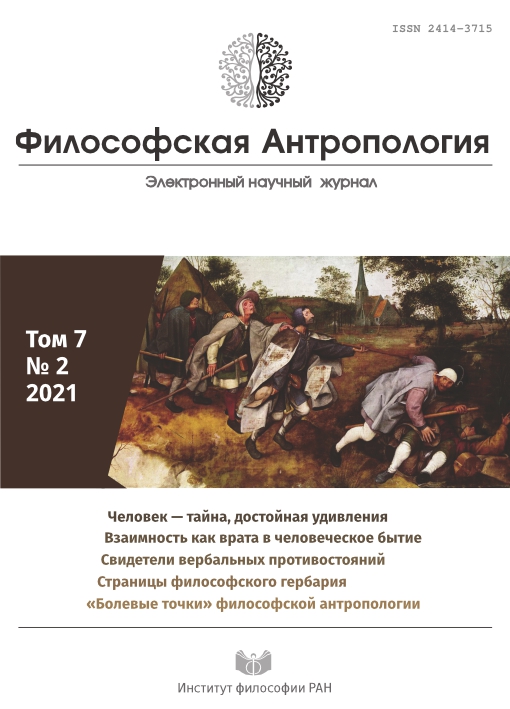Epictetus
DOI:
https://doi.org/10.21146/2414-3715-2021-7-2-251-271Keywords:
stoic philosophy, Later Stoa, Epictetus, stoic logic, primary ideas, stoic physics, the nature of the universe, practical ethics, moral choice, human soulAbstract
Epictetus (c. 50 A.D., Hierapolis, Phrygia – c. 135 A.D., Nicopolis, Epirus), one of the most prominent representatives (along with Seneca and Marcus Aurelius) of Later Stoa, disciple of Musonius Rufus. In young age he was a slave of Epaphroditus, a courtman of emperor Nero. Under emperor Domitianus he was banned into exile to Nicopolis, where he established his own school. Epictetus was an outstanding exponent of Stoic ethics notable for the consistency and power of his ethical thought and for effective methods of teaching. More sharply than any other stoic he accentuated the item of moral freedom. Epictetus’s chief concerns were with inner integrity and self — management which he advocated by demanding of his students a thorough examination of two central ideas, the capacity of “volition” and the “correct use of impressions”. Heartfelt and satirical by turns, Epictetus has had significant influence on the popular moralistic tradition (in the first place on Marcus Aurelius). His lucid resystematization and challenging application of Stoic ethics qualify him as an important philosopher in his own right within stoic tradition.

